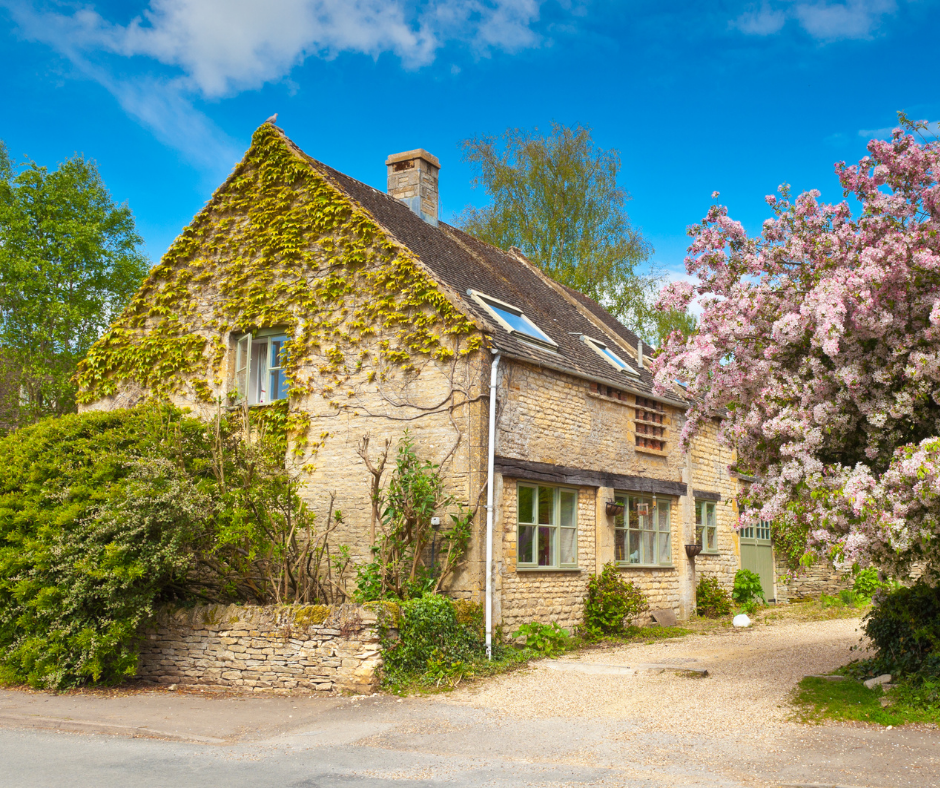Is LPG being phased out?
Liquefied petroleum gas (LPG) is a popular and affordable off-grid energy choice for heating rural homes and businesses, with over 220,000 users in the UK.
Emitting 33% less CO2 than coal, and 15% less than oil, LPG is already one of the cleanest carbon conventional fuels on the market. It has been an essential part of the UK’s energy mix for over 80 years, but with the release of the Heat and Buildings Strategy, this looks set to change.
Under current proposals to achieve net zero targets, the UK government intends to phase out installations of fossil fuel heating systems for rural off-grid homes and businesses by 2026.
Installers and heating engineers are often the first point of contact for helping consumers to make energy choices for their homes, therefore it is important to understand what options are available, to advise on the most cost-effective solutions.
Is LPG being phased out in the current strategy?
Under the Heat and Buildings Strategy, the UK government is pursuing an electrification-first approach for rural heating, phasing out fossil fuel systems by 2026.
While there is no requirement to remove existing systems immediately, rural homeowners who rely on oil or LPG to heat their properties will be forced to install a heat pump if their current system needs replacing.
The target date for these measures is nine years earlier than the proposed 2035 deadline for properties in urban areas connected to the mains-gas grid.
What does this mean for rural homeowners and businesses?
While we all need to play our part in moving away from fossil fuels, forcing all rural homeowners to install a heat pump doesn’t consider the different challenges of heating rural homes. With high up-front costs, the move will unfairly impact rural homeowners.
To work properly, air source or ground source heat pumps need good insulation as they extract heat at a lower level than gas central heating systems. This means they may be a good fit for newer properties.
Many older rural properties are harder to heat due to traditional building methods and poor insulation.
Research from Liquid Gas UK shows that for a typical pre-1945 solid wall rural property, the installation of a heat pump can cost over £18,000. Where insulation or efficiency upgrades are needed, this figure could be closer to £32,000[1]. This means that up to 2 million off-grid homes may be unsuitable for heat pumps.
The costs associated with installing a heat pump are unaffordable for many rural households, who are already facing rising bills and living costs.
A poorly insulated property will mean heat pumps have to work harder to maintain a consistent temperature, leading to greater electricity use and higher emissions in the long term. This is why it’s important to consider whether they are right for the property type.
What are the green alternatives to LPG?
It is a pivotal time for the LPG industry, but installers can assure customers that while conventional LPG may eventually be phased out, there are heat pump alternatives. The sector is working hard to remain a vital part of the future energy mix by committing to being 100% renewable by 2040 with the development of renewable liquid gases, such as bioLPG and rDME.
Made from renewable or recycled feedstocks, bioLPG and rDME offer a cost-saving lifeline to rural consumers. Because they are chemically identical to traditional LPG, they can be used as a ‘drop-in’ solution with all existing LPG pipework and appliances.
For the customer, this means there are no costly changes needed to heating systems or appliances, while still being able to achieve a 90% reduction in carbon emissions compared to traditional fossil fuel heating systems. These two renewable liquid gases can complement or replace a heat pump in hard-to-treat off-grid homes.
Read more about BioLPG and rDME
Cost saving heat solutions
20% of UK’s current LPG market uses renewable liquid gases. According to analysis by Liquid Gas UK, if the government is willing to extend its heating strategy to focus on a mixed energy approach – including the use of renewable liquid gases – it is estimated that rural homeowners and businesses could save up to £7 billion in the run up to 2050.
Rural homeowners must have flexibility of choice when it comes to greener heating systems and renewable liquid gases provides a low up-front cost option.
[1] The Role Of Lpg And Biolpg In Large Rural Off Grid Homes — Liquid Gas UK: The trade association for the LPG and biopropane industry in the UK

